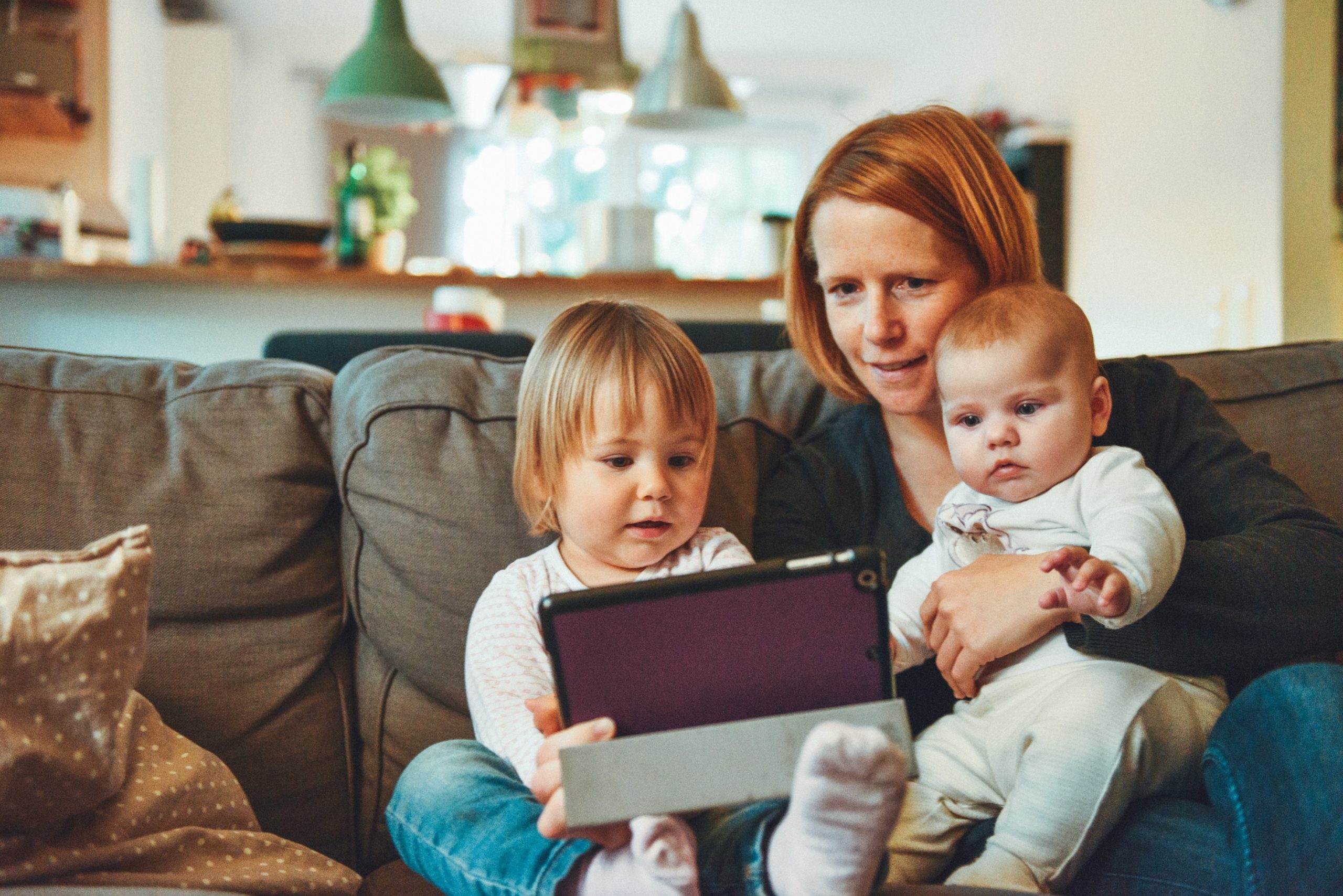
Centre Opening Soon!
Roundway Centre Opening Soon
We are excited to be opening our newly refurbed Roundway Centre for appointments in March with the options of online and face-to-face consultations.
 Many families have found the online video conference appointments more convenient as there is no need to travel and many of our assessments are already adapted to online delivery.
Many families have found the online video conference appointments more convenient as there is no need to travel and many of our assessments are already adapted to online delivery.
Young people often find online appointments more comfortable as they can participate from the comforts of their own home or we can arrange to meet online in school.
For younger children, we ask parents to send video clips of interaction of their child in play or daily routines, for example, snack time, interaction games and play with bubbles, toys and motivating objects with an adult.
This forms the basis of a detailed video analysis where we can observe the child’s strengths, emerging skills and areas for development.
We have standardised assessment instruments that build a profile from the video analysis and together with the parental history, forms the basis of a diagnosis, recommendations of need and intervention plan.
Therapy intervention is also available online meeting with the young person or reviewing video clips for parental feedback and planning intervention goals.
Our team are experts in their field of specialism delivering the most up to date evidence-based practice through close collaboration and joint working with the University of Manchester.












